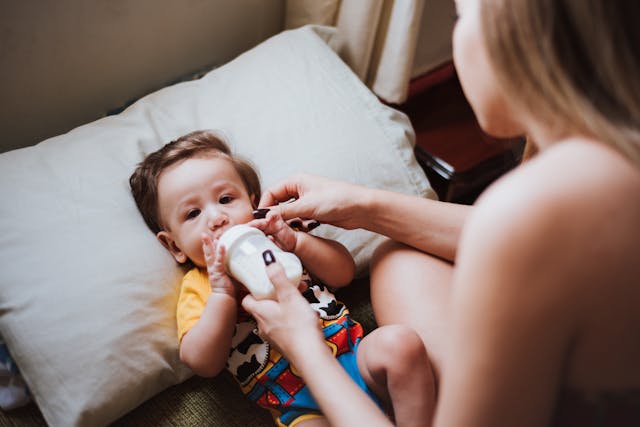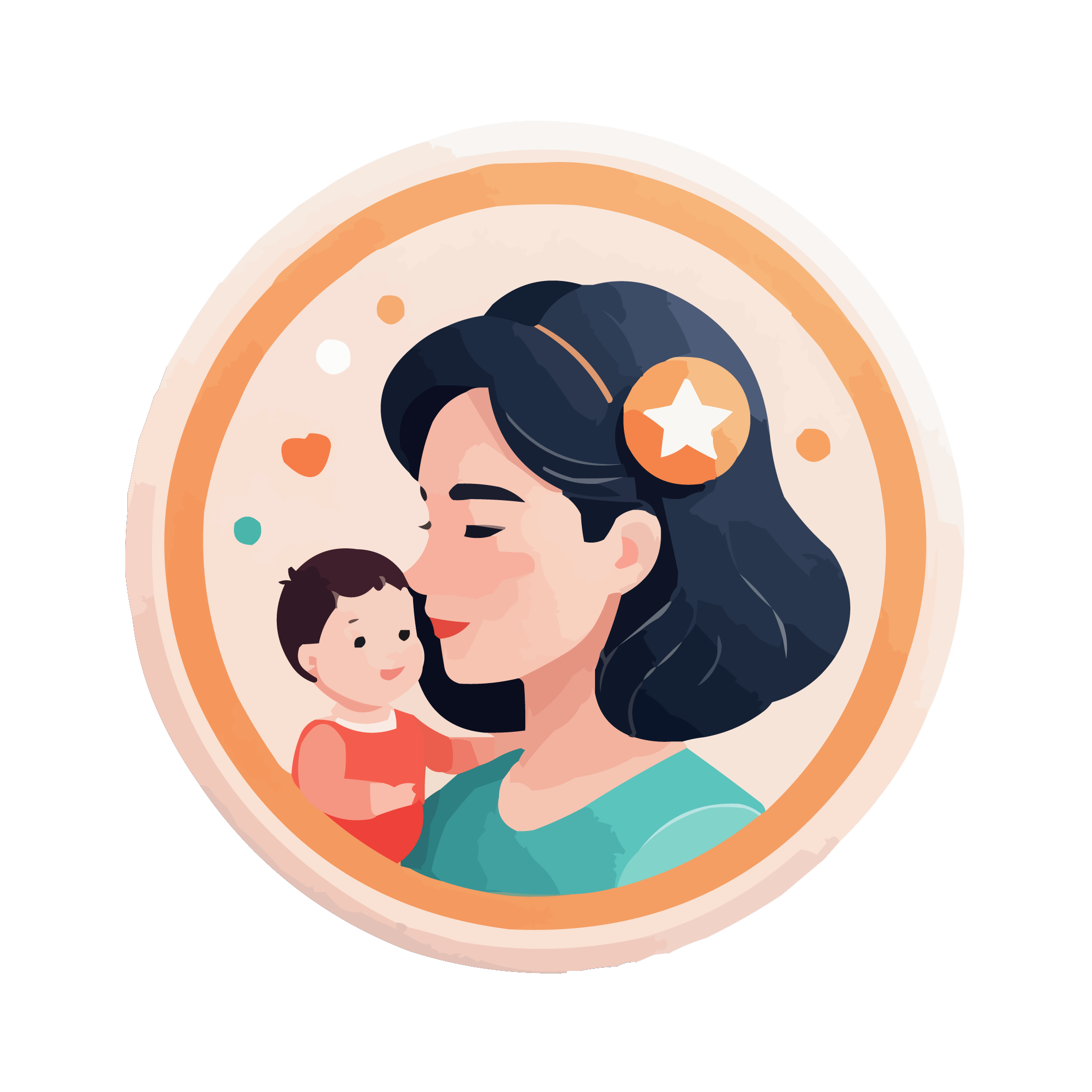Chickenpox in Infancy and Childhood

Chickenpox in Infancy and Childhood: Symptoms and Comprehensive Treatment Guide
Chickenpox, caused by the Varicella-Zoster virus, is a widespread childhood infection known for its distinctive rash and flu-like symptoms. Understanding how to identify and manage chickenpox in infants and children is crucial for parents. This comprehensive guide aims to provide detailed insights into the symptoms, diagnosis, prevention, and effective treatment options for chickenpox.
Understanding Chickenpox
What is Chickenpox?
Chickenpox is a highly contagious viral infection characterized by an itchy skin rash and flu-like symptoms. The Varicella-Zoster virus primarily affects children, although individuals of any age can contract the virus. It is primarily transmitted through respiratory droplets and direct contact with the rash.
Signs and Symptoms
Identifying chickenpox early is essential for prompt treatment and preventing its spread. Common symptoms include:
- Red Spots and Blisters: The rash typically begins as red spots and progresses to fluid-filled blisters.
- Fever: Children may experience a moderate to high fever during the initial stages.
- Flu-Like Symptoms: Headache, fatigue, and loss of appetite are common accompanying symptoms.
Diagnosis
Diagnosing chickenpox is often based on clinical symptoms and a physical examination. Laboratory tests may be conducted in certain cases to confirm the diagnosis.
Treatment Options
Home Care
Most cases of chickenpox can be managed at home with supportive care. This includes:
- Rest: Ensure the child gets plenty of rest to support the immune system.
- Hydration: Encourage fluids to prevent dehydration, especially if there is a fever.
- Itch Relief: Calamine lotion and oatmeal baths can help alleviate itching.
Medications
In some cases, antiviral medications may be prescribed to reduce the severity and duration of symptoms. Acetaminophen or ibuprofen can be used to manage fever and discomfort.
Complications
While complications are rare, it’s essential to be aware of potential issues such as bacterial infections of the skin, pneumonia, or encephalitis. Seeking prompt medical attention is crucial if complications are suspected.
Prevention Strategies
Vaccination is the most effective way to prevent chickenpox. The Varicella vaccine is routinely administered during childhood to provide immunity against the virus.
Chickenpox, though common, requires careful attention and management, particularly in infants and children. By understanding the symptoms, treatment options, and preventive measures, parents can navigate this childhood infection with confidence.










